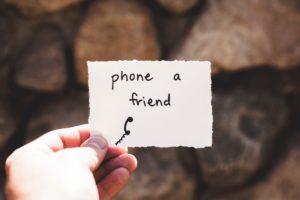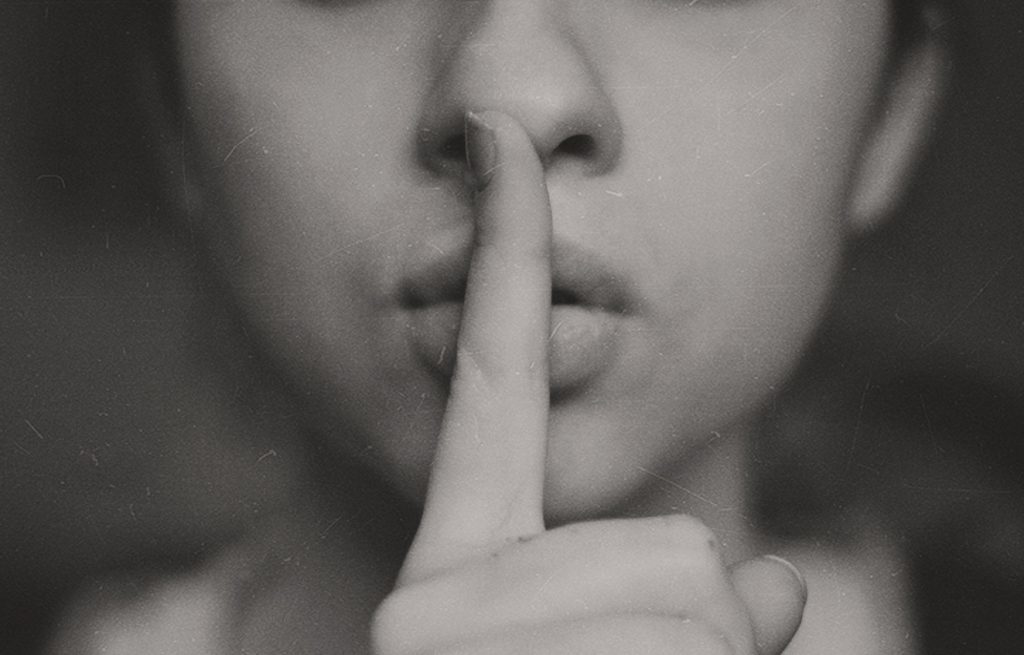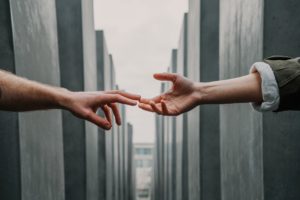
Don’t let corona become our only story
Don’t let corona become our only story What impact can

 Arjen Barel
Arjen Barel
When people aren’t strangers to each other and treat each other with benevolence, this will improve the quality of life within a society. And the better the quality of life, the greater the sense of security and the smaller the chance that polarisation or radicalisation will arise within such a society. This is the outcome of many studies, but how do you do that?
We are known for not avoiding working in conflict zones. For example, we have initiated several projects in conflict areas, where we, for example, train Israelis and Palestinians in telling their stories in order to initiate or improve the dialogue between the two groups.
In the Netherlands (and beyond) we also organise annual storytelling trainings of a week for young people who are in conflict situations and we work on bridging generation gaps and on cohesion in different neighbourhoods.
With the above projects, people are in situations where our help is urgently needed. But because we want to change sustainably, we also use our storytelling training as a preventive measure to stimulate diversity. The Living Library is a good example of this.

Do not judge the content of a book based on its cover, just as you should not judge a person by their appearance. Take the time to find out more about the content … In fact, that is what applied storytelling is all about. By listening to stories taken from their own life you get to know the storytellers (better). And the narrator gets to know the listener by the way he or she responds. This usually ends in a conversation about the story that has just been told, about differences and about similarities. In this way both the narrator and the listener can leave the Human Library with a different view. Isn’t that great?

Don’t let corona become our only story What impact can

Getting through the crisis with stories! In these absurd times

Four benefits of storytelling to connect different age groups Storytelling

Changemakers: It’s the small big stories that are important In